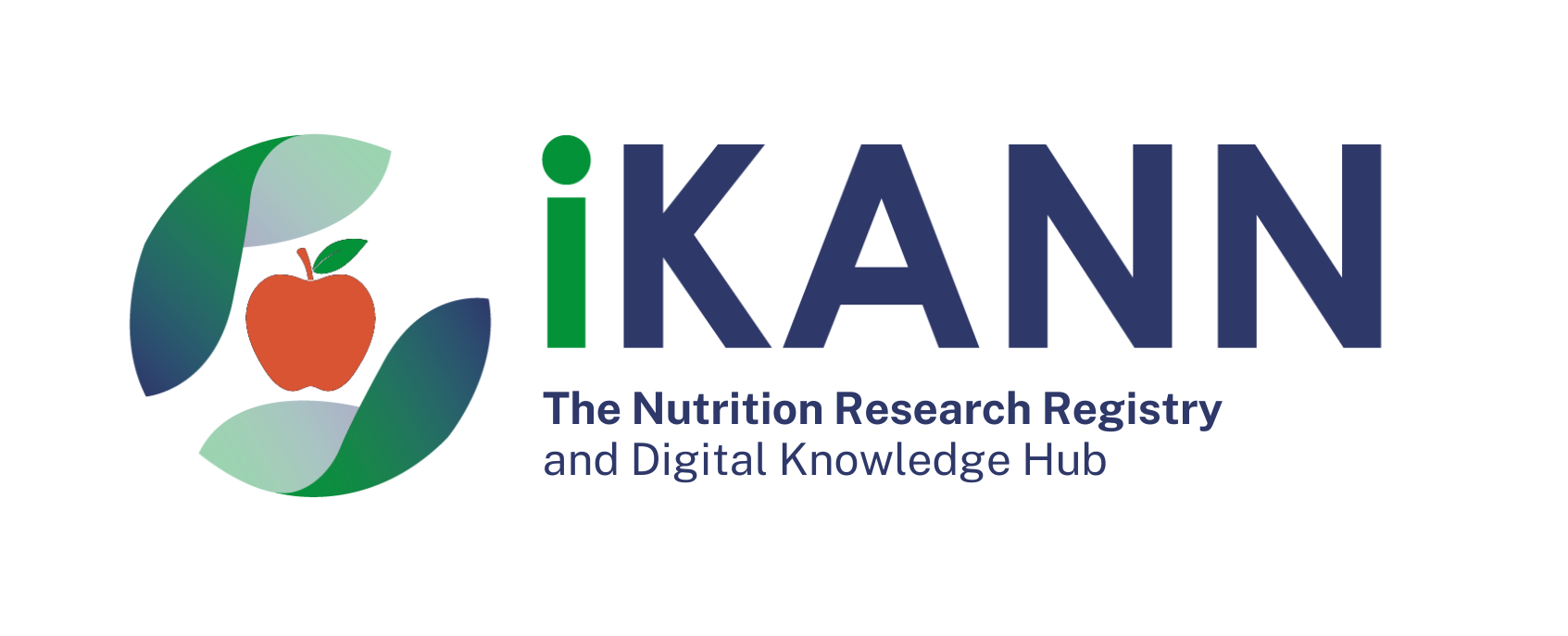Study Title
An Assessment of the Global Food Security Index
Principal Investigator
Meital Izraelov, Jacques Silber
Affiliation
Clalit General Health Services, Internal Auditor’s Office, Tel Aviv, Israel; Department of Economics, Bar-Ilan University, Ramat Gan, Israel; LISER, Esch-sur-Alzette, Luxembourg; Tuscan Interuniversity Centre, Advanced Statistics for Equitable and Sustainable Development, Centro Camilo Dagum, Pisa, Italy
Start Date
Not specified
End Date
Not specified
Study Objective
To evaluate the Global Food Security Index (GFSI) created by the Economist Intelligence Unit (EIU) and assess how the choice of indicators and the weights assigned to them influence the rankings of countries by food security levels.
Short Abstract
This paper assesses the methodology behind the Global Food Security Index (GFSI), specifically examining how the selection of indicators and the assignment of weights by expert panels impact the rankings of countries. The study concludes that both the selected weights and the choice of indicators provide a reasonable ranking of countries based on food security.
Study Design
Empirical analysis using principal components analysis (PCA) and efficiency analysis to evaluate the robustness of the GFSI ranking.
Population
Countries worldwide.
Sample Size
105 countries analyzed.
Inclusion Criteria
Countries included in the Global Food Security Index by the Economist Intelligence Unit.
Exclusion Criteria
Not specified.
Intervention/Exposure
Application of statistical techniques to assess the impact of indicator selection and weighting on food security rankings.
Outcome Measures
Evaluation of the GFSI methodology, including the validity of indicators and weights in ranking countries by food security.
Funding Source
Not specified.
Collaborating Institutions
Clalit General Health Services, Bar-Ilan University, LISER, Tuscan Interuniversity Centre.
Ethics Approval
Not required for this review.
Publication Status
Published in Food Security (2019).
Keywords
Global Food Security Index, data envelopment analysis, food security, principal components analysis, stochastic production frontier.
Data Collection Methods
Empirical analysis, principal components analysis, efficiency analysis, and comparison of food security rankings.
Primary Data Availability
Not applicable.
Contact Information
Corresponding author: Jacques Silber, j.silber_
